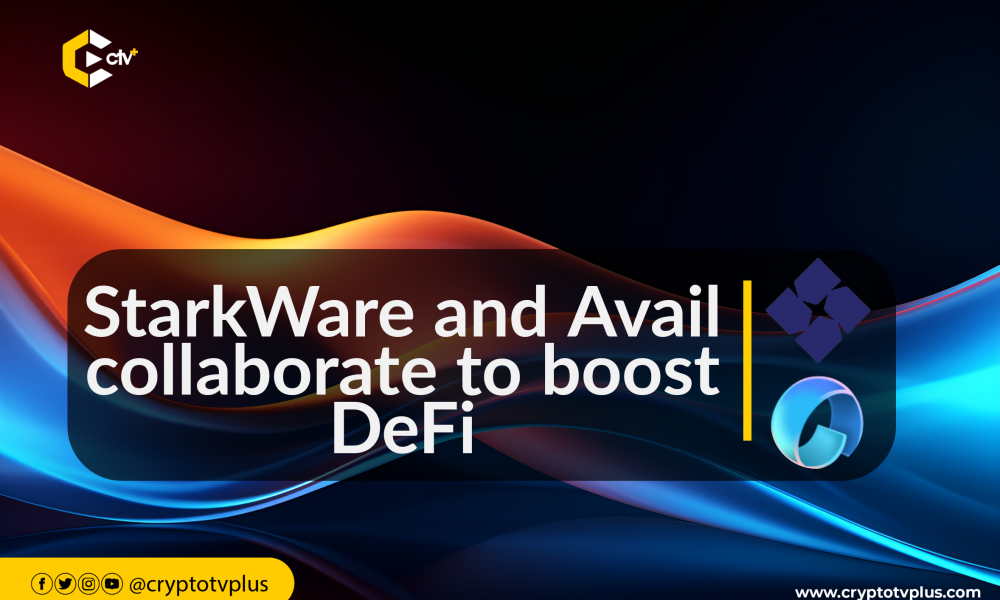StarkWare, in collaboration with Avail Project, has introduced a data availability interface to seamlessly integrate Avail’s Data Availability (DA) layer for Madara-based appchains on Starknet. This collaboration brings about huge advancements in DeFi, offering developers new avenues for innovation.
Starkware is an innovative layer-2 scaling solution for Ethereum, including StarkNet and StarkEx. StarkNet is a permissionless decentralized ZK-Rollup that operates as a Layer 2 network over Ethereum, providing scale and Ethereum-level security by producing STARK proofs off-chain and then sending those proofs on-chain. It enables developers to deploy any business logic on StarkNet, benefiting from the advantages of Cairo, Account Abstraction, and other features.
Avail is a modular blockchain that focuses on data availability, providing fast and secure data and a consensus layer for building sustainable blockchains. It is designed to be a base consensus layer that allows other blockchains or applications with any execution environment to be built on top of it.
Avail’s strengths lie in its innovative security approach, which allows light clients to easily verify data availability through sampling over a peer-to-peer network. The project’s modular approach simplifies blockchain integration for developers, as they no longer need to worry about validator sets or tokenomics.
Madara is a decentralized Starknet sequencer built on the Substrate framework. It serves as the entry point for transactions into the Starknet system, enabling efficient and scalable transaction processing.
Madara is designed to provide the power to create customizable and efficient appchains, amplifying the capabilities of the Cairo VM and leading to provable, secure, and flexible programs. It aims to enable the composability of smart contracts within the Starknet ecosystem and offers a new era of possibilities for experimentation in the Starknet ecosystem.
With the collaboration, Madara-based appchains on Starknet can now harness the power of Avail’s DA layer, contributing to enhanced scalability and performance. Additionally, the collaboration is set to reduce data publishing costs by approximately 90%, making it a cost-effective solution for developers.
Developers now have a more accessible and cost-efficient environment for building on Starknet, fostering easier and cheaper development processes.
As the collaboration unfolds, developers can anticipate a landscape where the benefits of recursive validity proofs compound, providing a powerful foundation for building innovative ZK-based blockchains.
Read also; International Securities Commission (IOSCO) proposes guidelines for DeFi oversight
This news is republished from another source. You can check the original article here

